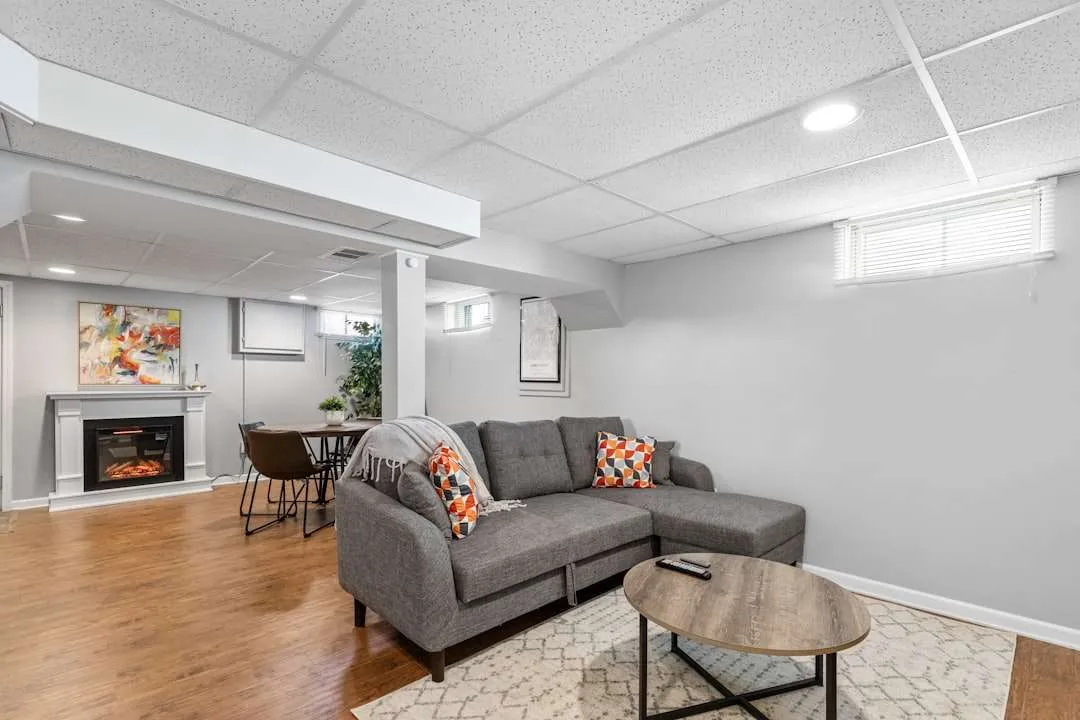In today’s world of travel and accommodation, short term rentals have soared in popularity. With platforms like Airbnb and VRBO, travelers and hosts alike have embraced the flexibility and uniqueness that short term rentals offer. However, as with any trend, there are common mistakes that can hinder success. Let’s explore these pitfalls and learn how to avoid them for a seamless short term rental experience.

Understanding the Basics of Short Term Rentals
Before diving into the common mistakes, it’s crucial to understand what short term rentals entail. These are properties rented out for a short duration, typically ranging from a few days to a couple of weeks. They provide an alternative to traditional hotels, offering a more personal and often cost-effective option for travelers.
Importance of Setting Clear Expectations
One of the first common mistakes is failing to set clear expectations. As a host, it’s essential to provide potential guests with detailed information about the property, amenities, and house rules. Transparency is key to ensuring guests know what to expect and can prepare accordingly.
Providing Accurate Descriptions
Ensure your property descriptions are honest and accurate. Highlight unique features but avoid exaggeration. Misleading descriptions can lead to disappointment and negative reviews.
Clear Communication of House Rules
Clearly outline house rules in your listing. This includes check-in/check-out times, noise restrictions, and any other property-specific guidelines. Communicating these rules upfront can prevent misunderstandings.
Pricing Strategy: Avoiding Underpricing and Overpricing
Pricing a short term rental can be tricky. Hosts often fall into the trap of underpricing to attract more bookings or overpricing in hopes of maximizing profits. Both strategies can backfire.
Researching Market Trends
Conduct thorough research on rental prices in your area. Analyze similar listings and adjust your pricing based on demand, location, and amenities offered.
Dynamic Pricing Tools
Consider using dynamic pricing tools that adjust your rates based on market fluctuations. This approach can help optimize pricing and maximize occupancy rates.
Quality of Property: Maintenance and Cleanliness
Maintaining a clean and well-kept property is fundamental to hosting success. Neglecting cleanliness and maintenance is a common mistake that can deter potential guests.
Regular Cleaning and Inspections
Implement a regular cleaning schedule and conduct property inspections between guest stays. Address any maintenance issues promptly to ensure the property remains in top condition.
Hiring Professional Cleaning Services
If managing cleaning tasks becomes overwhelming, consider hiring professional cleaning services. A clean and inviting environment will enhance guest satisfaction and boost positive reviews.
Managing Guest Relations: Communication and Responsiveness
Effective communication with guests is vital. Lack of communication or slow response times can lead to misunderstandings and unhappy guests.
Prompt Response to Inquiries
Respond to guest inquiries promptly and professionally. Being attentive and approachable can set the tone for a positive guest-host relationship.
Addressing Guest Concerns
Be proactive in addressing any guest concerns or issues that may arise during their stay. A quick resolution demonstrates your commitment to guest satisfaction.
Marketing and Promotion Strategies
Successful short term rentals rely on effective marketing and promotion. Overlooking this aspect is a common mistake that can result in low visibility and bookings.
Leveraging Social Media
Utilize social media platforms to showcase your property. Share high-quality photos, guest testimonials, and promotions to attract potential guests.
Optimizing Listing Visibility
Optimize your listing by using relevant keywords and tags. Enhance your property’s visibility on rental platforms and search engines.
Legal and Regulatory Compliance
Overlooking legal and regulatory requirements is a critical mistake. Ensure your property complies with local laws and regulations to avoid legal issues.
Understanding Local Regulations
Research and adhere to local regulations regarding short term rentals. This includes zoning laws, permits, and tax obligations.
Obtaining Necessary Permits
Secure any required permits or licenses for operating a short term rental. Compliance with local laws ensures a smooth and lawful hosting experience.
Insurance and Liability Coverage
Protecting your property and yourself from potential risks is crucial. Neglecting insurance coverage is a common mistake that can lead to financial loss.
Understanding Insurance Options
Explore insurance options specifically designed for short term rentals. These policies can provide coverage for property damage, liability, and guest injuries.
Consulting with Insurance Professionals
Consult with insurance professionals to determine the best coverage for your rental property. They can offer valuable insights tailored to your specific needs.
Conclusion: Achieving Success in Short Term Rentals
Avoiding these common mistakes can significantly improve your short term rental experience. By setting clear expectations, maintaining your property, and effectively managing guest relations, you can create a welcoming and profitable rental environment. Remember to stay informed about market trends and legal requirements to ensure long-term success.
For more insights on short term rentals, check out these Airbnb hosting tips or explore day trip ideas for guests staying at your rental.

FAQs
What are the most common mistakes in short term rentals?
Common mistakes include unclear expectations, poor pricing strategy, and neglecting property maintenance.
How can I improve guest relations in my short term rental?
Focus on clear communication, responsiveness, and addressing guest concerns promptly.
Do I need special insurance for my short term rental?
Yes, consider obtaining insurance specifically designed for short term rentals to protect against potential risks and liabilities.
This article contains affiliate links. We may earn a commission at no extra cost to you.

